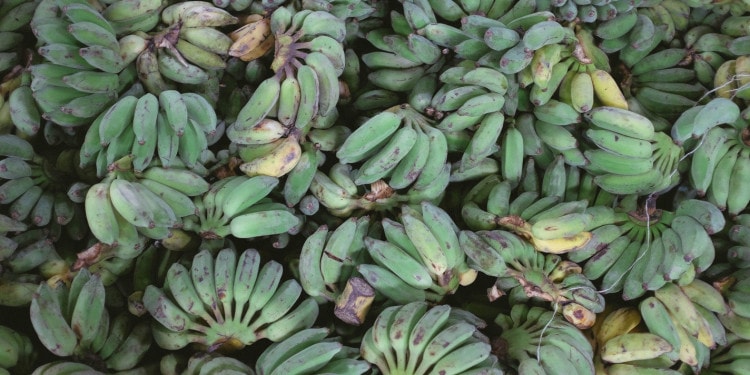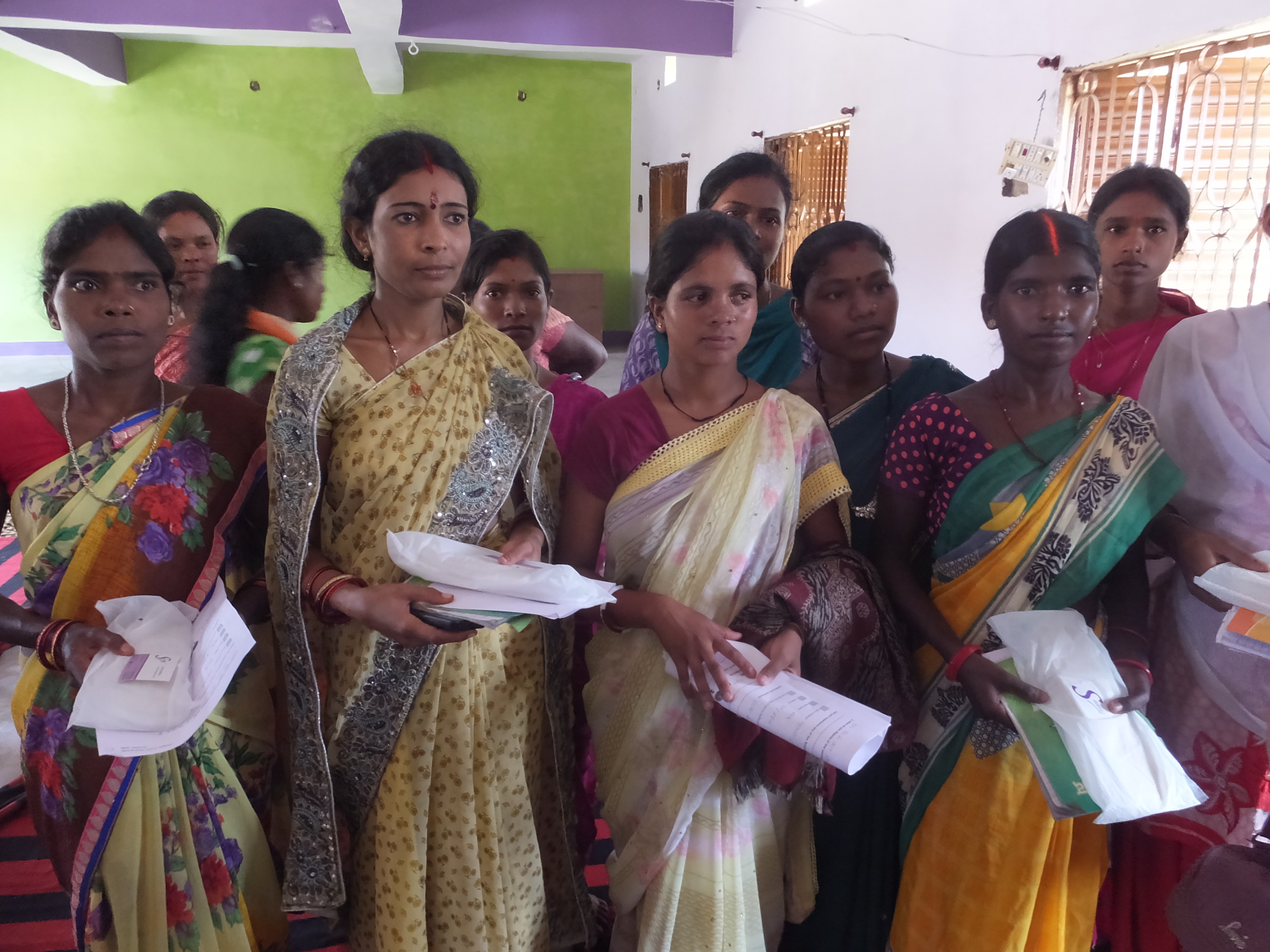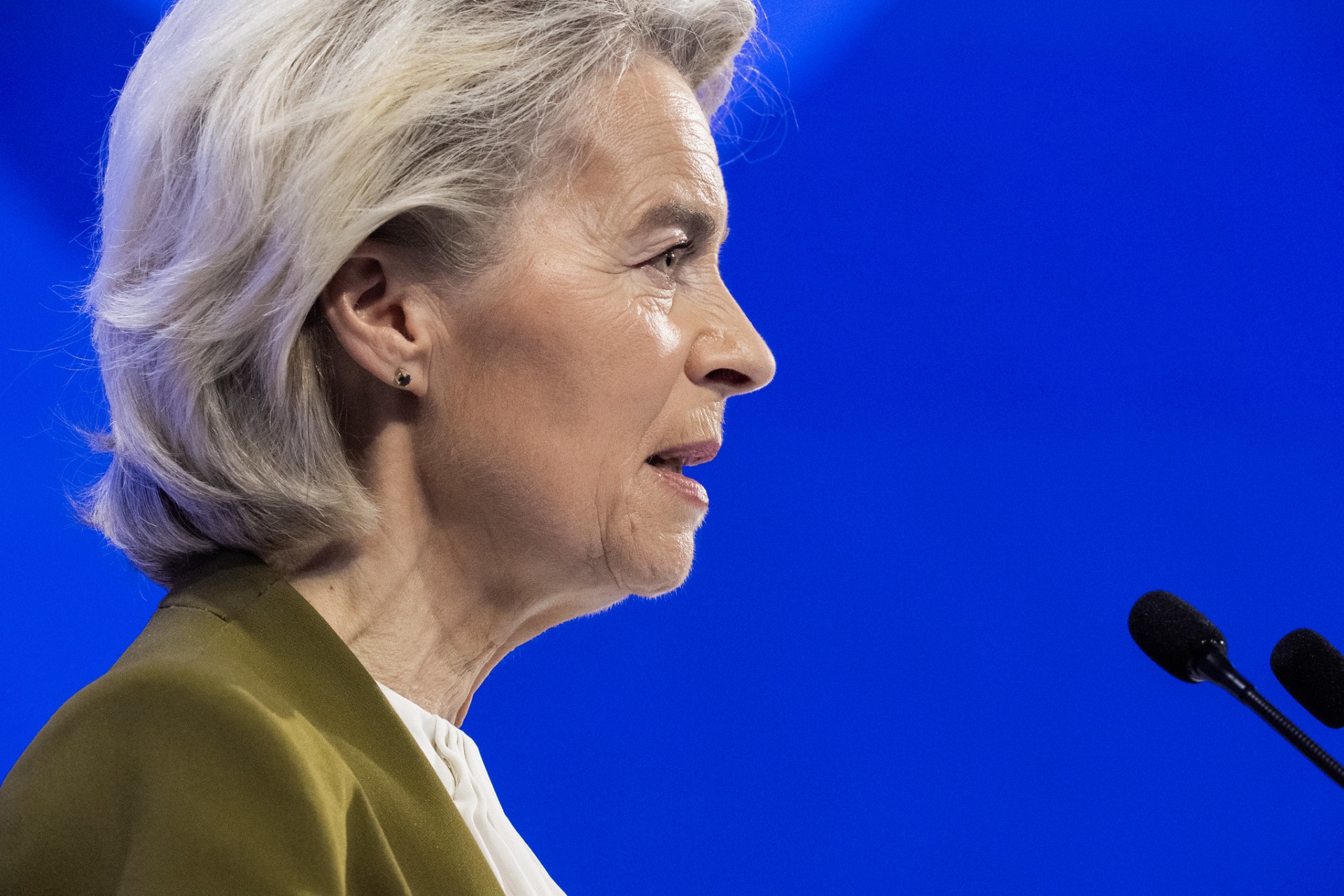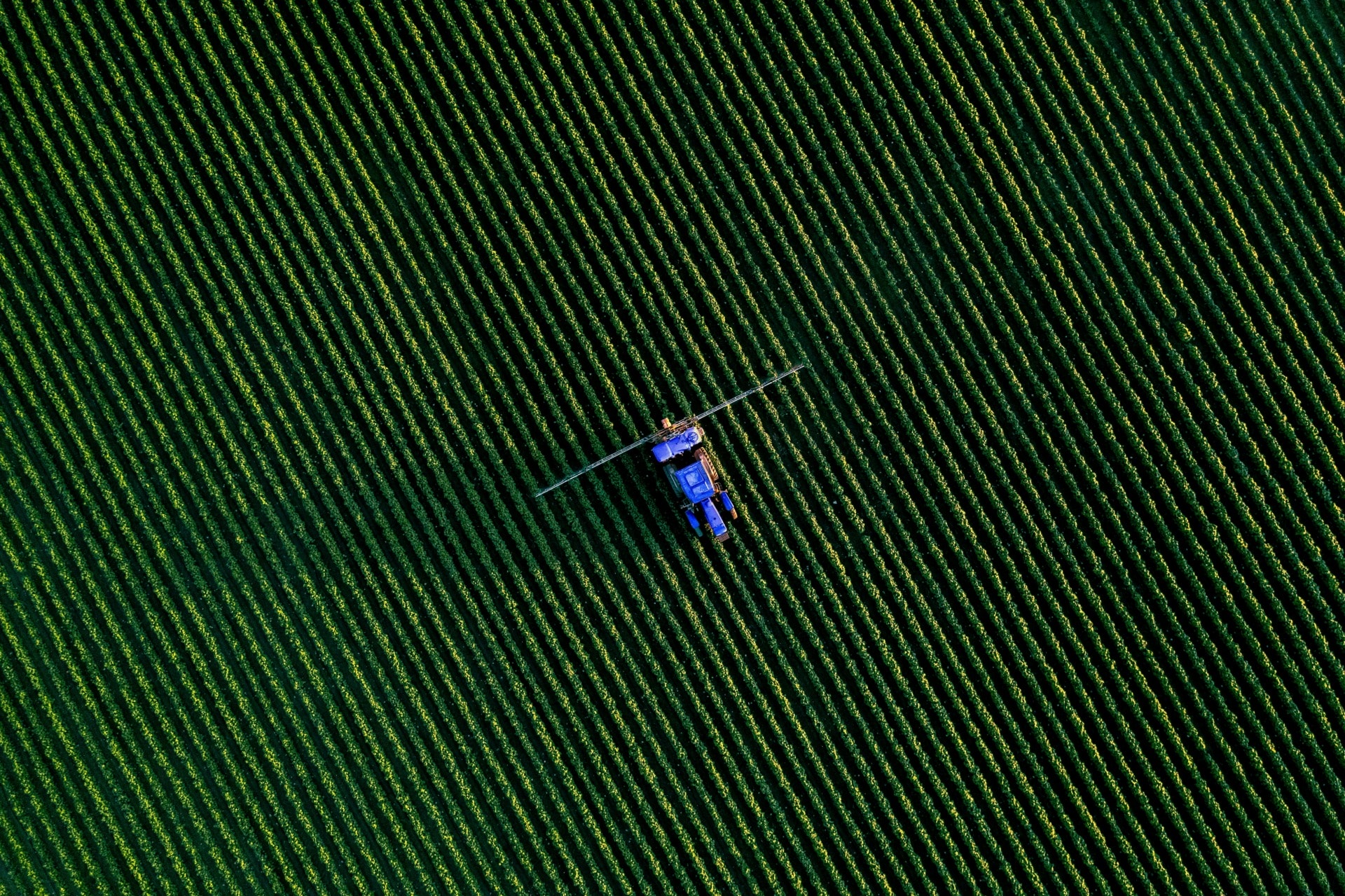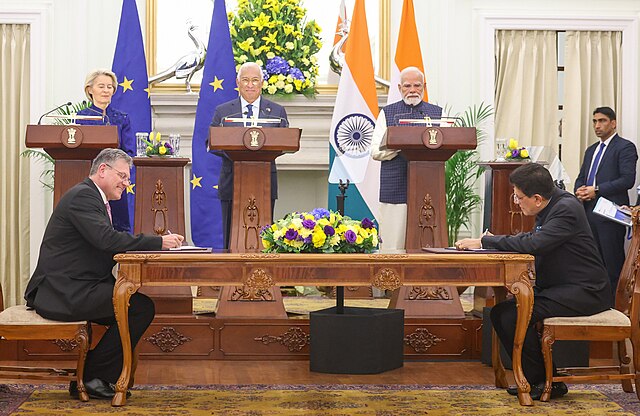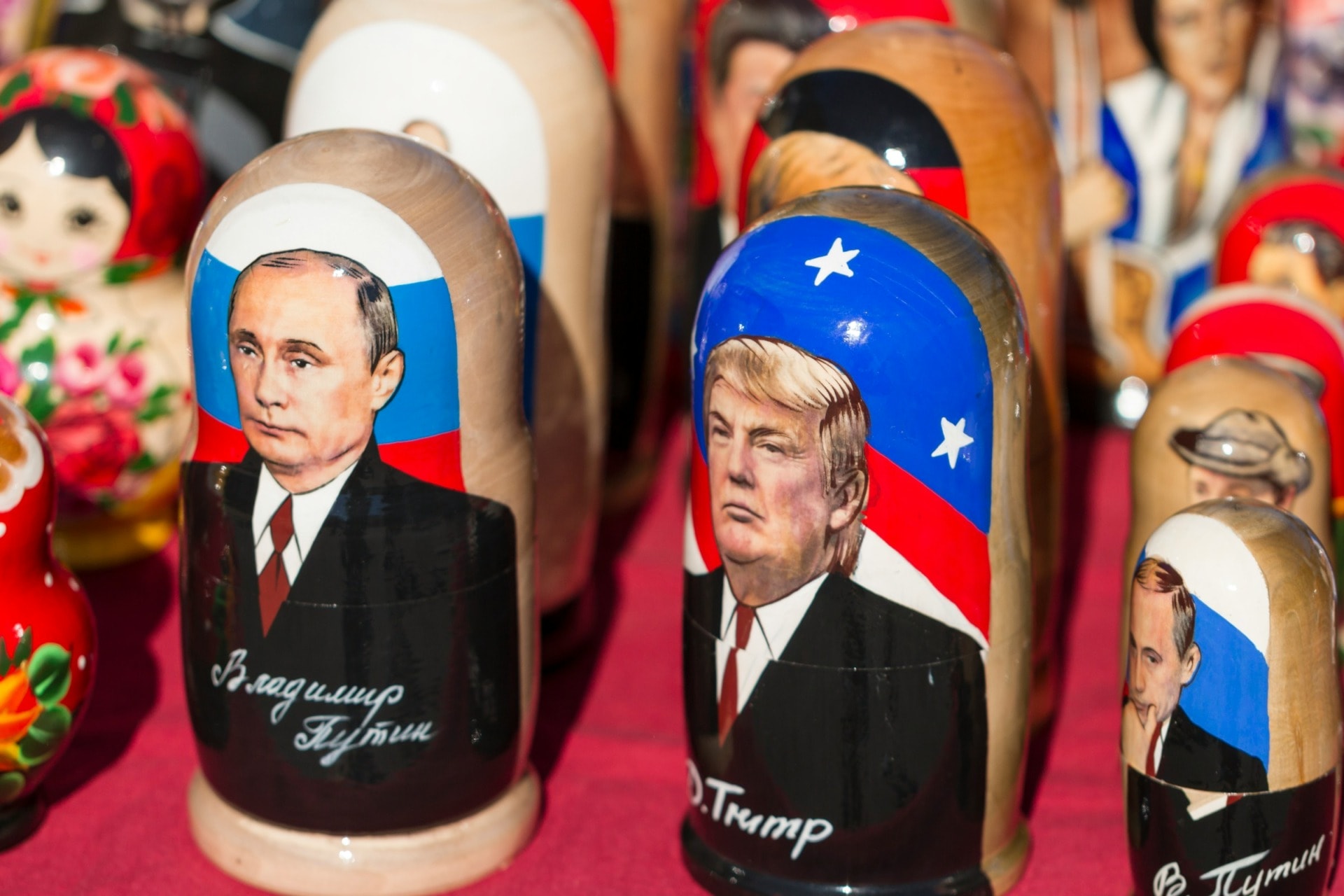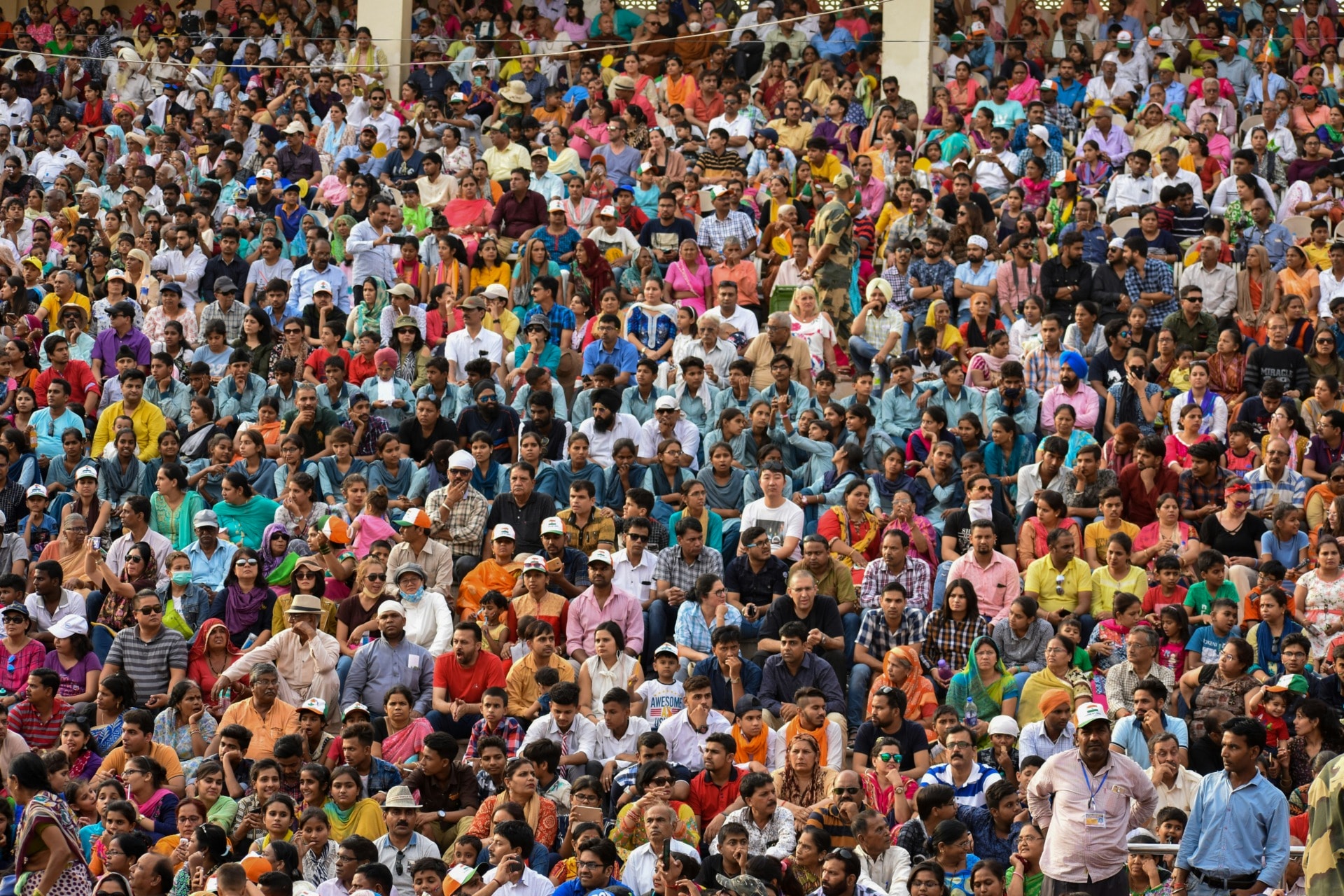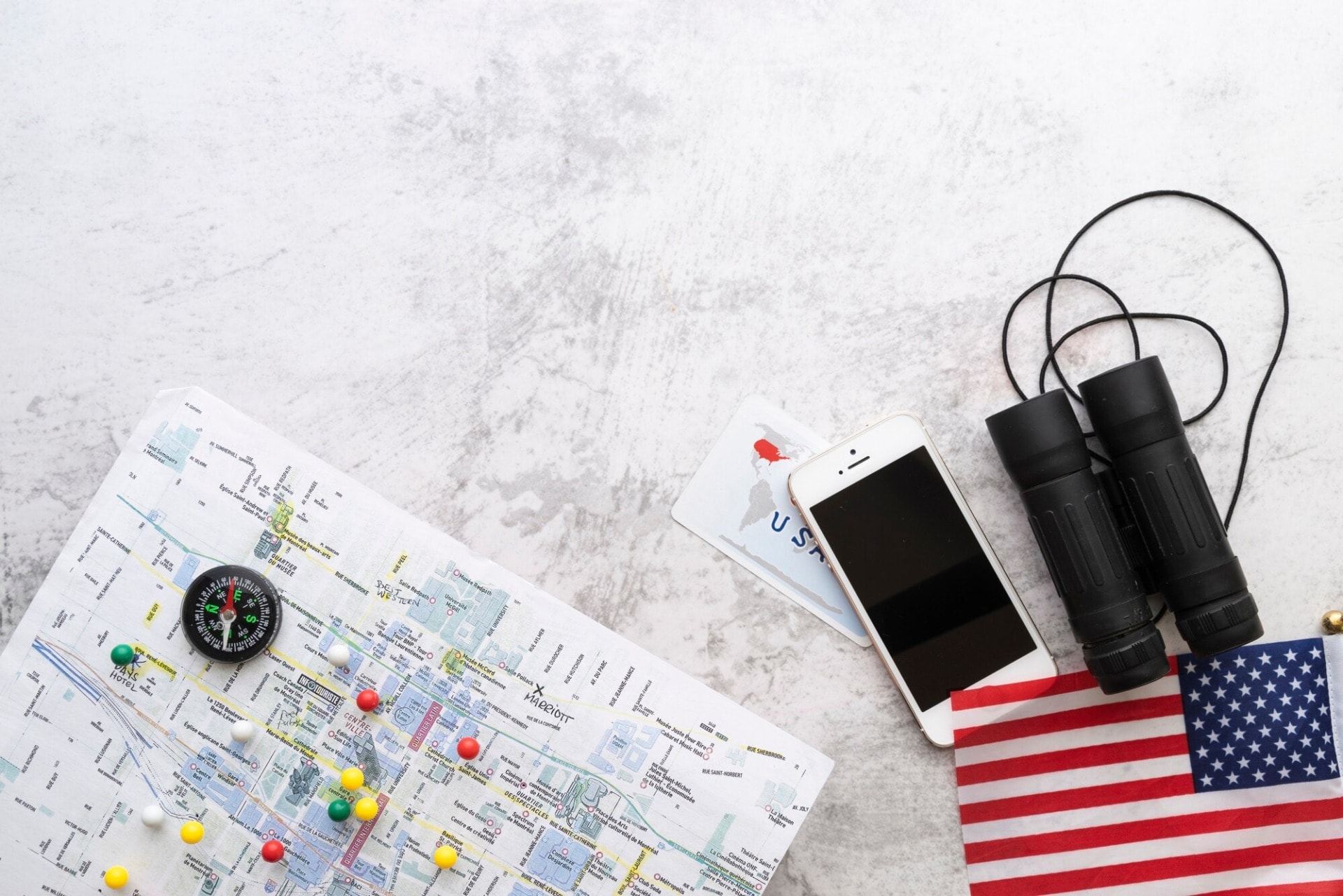Saathi is an India based social enterprise aiming to create biodegradable hygiene products from banana fiber. The pads that fully use organic materials degrade within 6 months of disposal which can significantly reduce sanitary waste. Having won Hello Tomorrow Global Challenge 2017, Saathi received the global acknowledgment as a startup that demonstrates brilliance in technological innovation. It also has a strong commitment to sustainability by putting people, profits, and the planet at the core of the business. We’re happy to share our inspiring conversation with Saathi’s founders, Kristin Kagetsu and Tarun Bothra.
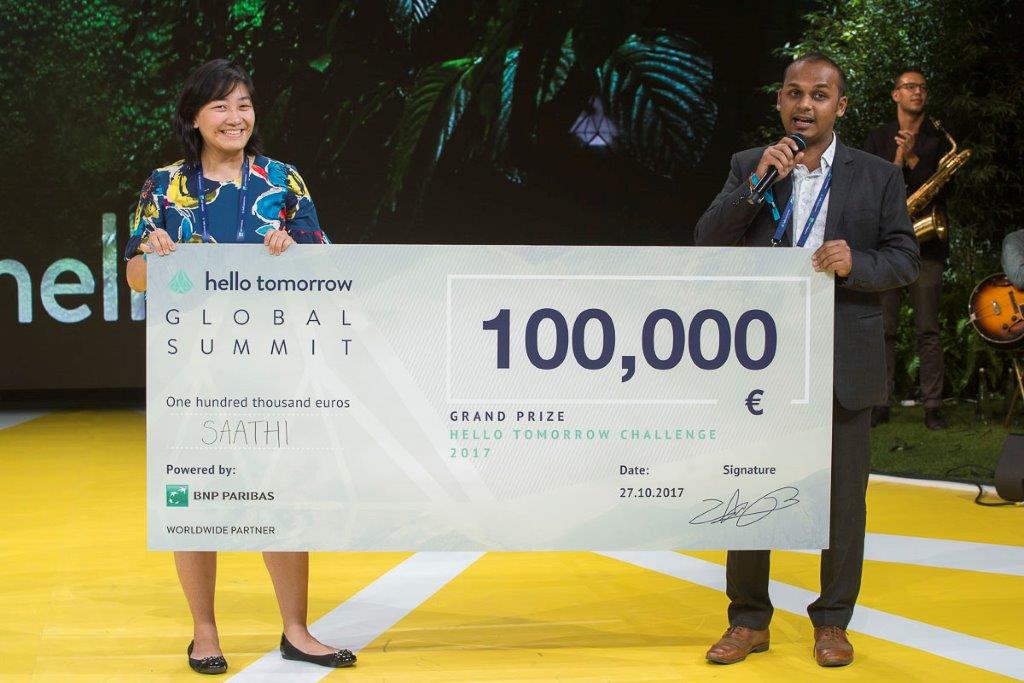
In the Photo: Kristin Kagetsu and Tarun Bothra at Hello Tomorrow Photo Credit: Saathi Pads
Q. How did you come up with the idea?
KK: Initially, we wanted to bring sanitary pads to women in the rural areas of India. We started with a B2B idea which was selling a machine that women would be able to use so that they can make their own pads and sell them in the village. We thought about training the women how to manufacture the pads and to set up a small scale factory, we would then supply them the raw materials. We wanted to deploy a decentralized business to the rural area where they can earn money and the hygiene can also be improved. However, after understanding a little more how the model works in reality, we realized that it wasn’t the most efficient way to be impactful. It would take us a very long time to reach a lot of women. Therefore, we decided to do things differently. We already used banana fiber so we started with that as the base. We have a sustainable product even though it was not completely biodegradable at that time and that is our unique aspect because there is no product like that in the market. So we said: let’s focus on that one and to do more research to see if there’s material that we can use to make it completely biodegradable and compostable.
Furthermore, if you look at the rest of the world, there is a shift toward being more sustainable. It was less popular at that time but slowly as we talk to more people, we find that it is really important to be sustainable. Today, instead of selling B2B, we’re selling B2C. We’re selling to the urban consumer and we still want to make an impact in the rural area but that will be a portion of the sales. So we’re selling mostly to urban women and we’ll be using the premium that we sell to urban women to subsidize for rural women and allow them to have the product at cost.
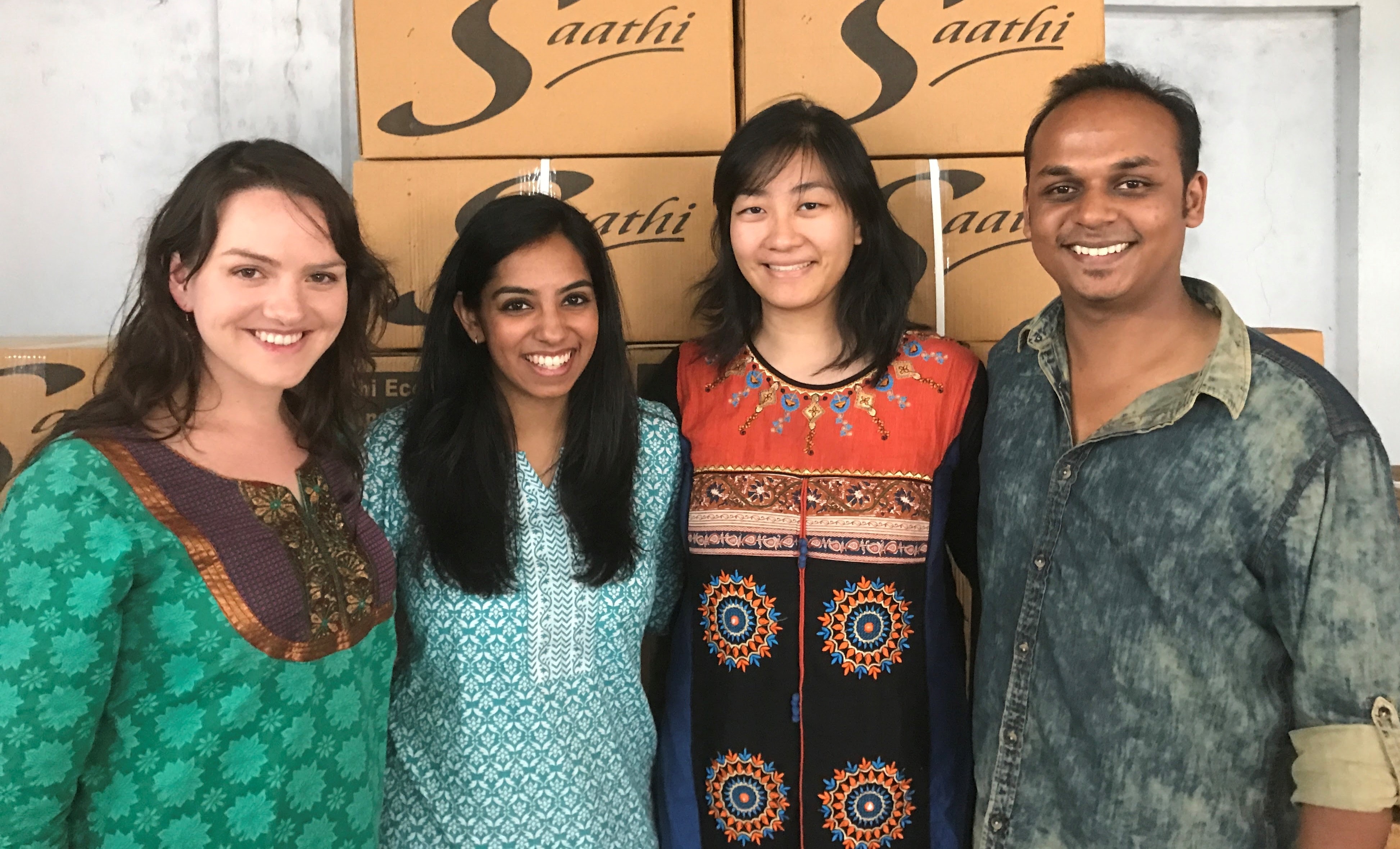
In the Photo: Saathi’s Founders Photo Credit: Saathi Pads
Q. What is your main reason for using banana fiber?
TB: We have researched all the other natural fiber but there is always some defect in their application. Banana is pest free and it is also highly absorbent naturally. This is an untapped potential fiber. The banana plant is an agro waste because once the fruit is harvested, the banana does not grow on the same stem. The farmers have to chop down the stem and throw it, so the stem is useless. What we do is basically using that agro waste to make a product of value and farmers can also get an extra income from that.
Q.What are the main problems you are trying to solve with your products?
TB: India is one of the fastest growing economies in the world but menstrual hygiene remains a taboo. Only 16% women across India are able to get the menstrual product. This is due to the taboo against menstruation as well as affordability and distribution issues. This is something where the impact is required, the sanitary napkin is a basic necessity for women which should be provided to them. We need to solve the problem of 84% of women who are not getting it.
KK: In addition to improving the access to sanitary pads, our company is founded on three areas of impact. A lot of traditional sanitary pad companies in the low-cost range, are trying to provide a very affordable product. However, they basically just make the product as cheaply as possible so the quality is compromised. They are mostly just trying to play the market on cost. They also try to play the market a little bit on women empowerment but to be honest that’s more of an NGO approach because they’re trying to give women more jobs by having them manufacture their own products.
Our area of impact is a little different. First, instead of thinking about it as empowering women to produce the product, at a decentralized level, we are employing women in our manufacturing facilities and we intend to continue to do that in the future. Secondly, we also look at the impact in the supply chain by giving banana farmers an additional income from reducing the agro waste material. Thirdly, we also try to create environmental impact by reducing plastic waste as we don’t use any plastic in our products. All traditional pads are using 90% plastic, there’s a huge reduction of man-made waste by using our products. Our product is compostable, you can make biomass from it or just throw it in a landfill and it will naturally degrade.
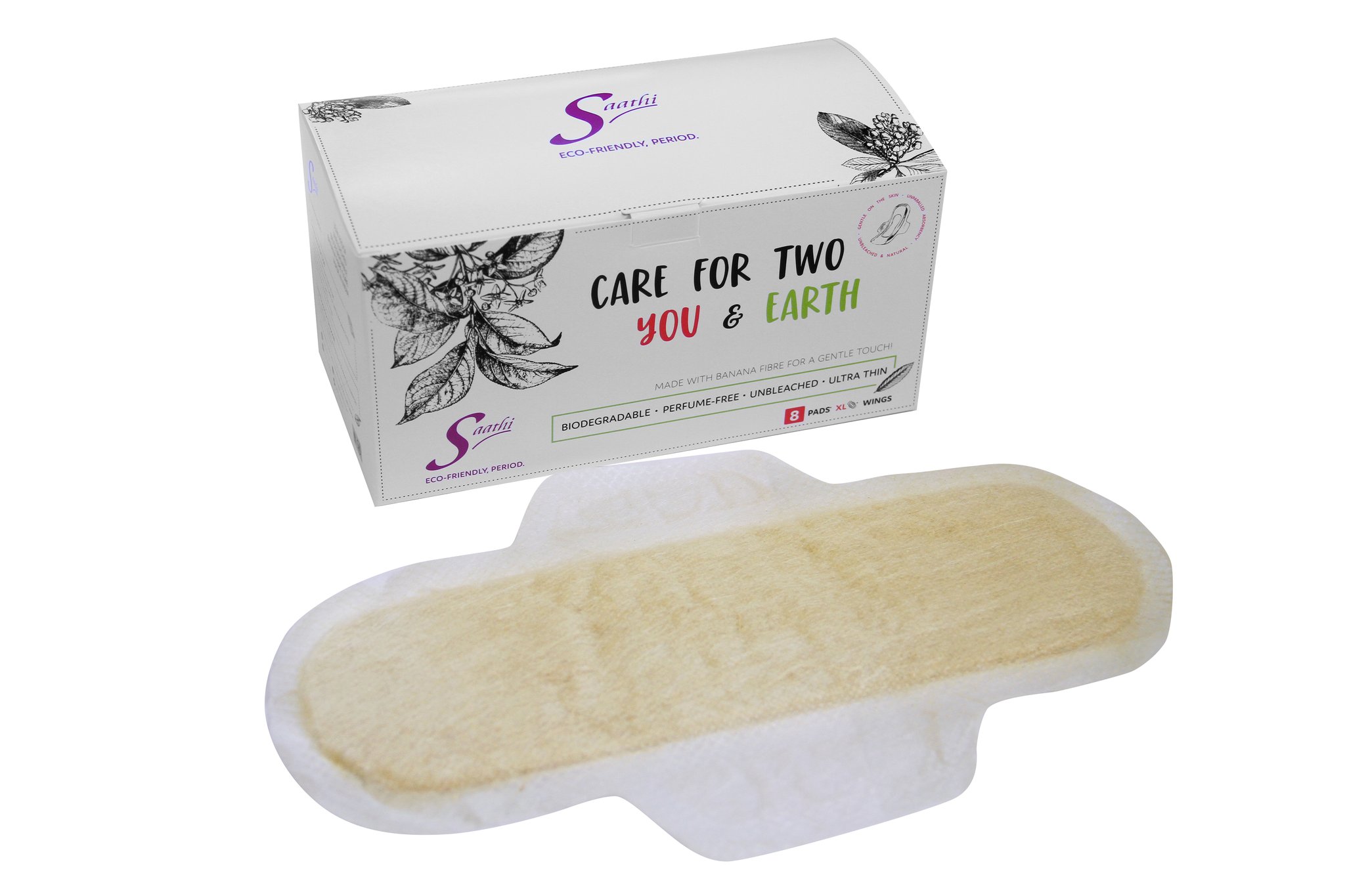
In the Photo: Saathi Product Photo Credit: Saathi Pads
Beside from the impacts that we create in the area that we care about, the product has a benefit as well. It fully uses natural material without plastic or any chemical that can cause rashes, irritation or infection. Sometimes the chemicals that are used in the other sanitary pads are very strong because they’re trying to absorb as much as possible. They can change the pH of your body which is why you may have an irritation. Because our product is all natural, it doesn’t give rashes and irritation because it doesn’t have that super drying effect.
TB: Many products contain sodium polyacrylate that can cause cervical cancer by long time use. It is not good for the body because 1 gram of sodium can absorb 300 gram of water. A normal woman when menstruating does not have that much menstrual fluid coming out of their body so the sodium acrylate absorbs the moisture from the skin. This substance is also not good for the environment. Sodium polyacrylate is an agent which not supposed to be present in the soil. As soon as it goes into the soil, they destroy the fertility of the soil and there’s no coming back because we cannot extract the sodium polyacrylate to make the soil fertile again.
KK: We need to bring a biodegradable product to rural women. Maybe they don’t care as much about the earth because they have so many other needs to worry about. Another problem with the rural area is that they’re less populated than cities, so the environment is still good. It’s not polluted, there isn’t a lot of garbage. So they don’t really care about the environmental aspect because they don’t yet see the problem. But at the same time, there is not a lot of waste infrastructure in the village. You don’t have a landfill so where do those pads go. There’re two options, it’s either buried or thrown in a water body usually. If you put it in the water body, it won’t degrade for hundreds of year.
Q. If women in the rural area do not care about the environmental issue, what are your ways to make them have more awareness of the issue?
KK: We do try to explain why it is important to have a biodegradable product. But mostly it’s more important to have NGOs believe about the environmental issues because at the end of the day the NGO is the actor who will purchase the product and distribute it to women in the rural area. There are many that do because they come to us to ask for our product particularly. But we believe more and more people will understand as we also try to educate them.
TB: For rural women, we have to use some messages that they can easily understand. For example, rural people don’t like to consume processed food, they prefer something that is naturally made. They drink water from the natural streamline, they harvest their crop that they will consume, they make butter by themselves instead of buying packed butter. When they know that the product they’re going to use is also naturally made, they will realize that this is something they need to use.
Related article: “WOMEN EMPOWERMENT IN INDIA BEGINS WITH SANITATION” by Rebecca Wilson
Q. How is your business model ensuring women in the rural area can access and afford your product?
KK: The product that we give to rural women has the same quality as the product that we sell to urban women. The only difference is the packaging. The packaging is different for urban women to make it looks premium and the packaging for rural women is simple to cut the cost. We don’t believe that women in the rural area should have a low-quality product. They usually are made with a very loose outer layer and inside layer that is a little pillow that will move around and shift, and since there are no wings it has the tendency to leak. It also very small so it isn’t very functional. In comparison, our product is high quality and functional for rural women.
We also work with NGOs in order to distribute the product to women in rural areas because we believe that they have the most reach and we also want the product to be distributed with an awareness program. We’re now working with Ekal Vidyalaya, one of the largest non-government education initiatives in India, and its sister organization: Arogya Foundation.
TB: We have a program going on with an NGO in distributing 1 million sanitary napkins to rural areas. We also deploy our own third-party organization, 4th Wheel, to do an impact study to learn more about the impact for future purposes so, hopefully, we could run it better.
KK & TB: In the future, if we work with the NGO, we may or may not be as hands-on but we’ll have learned from this project. With our impact study, we’ll also be able to better understand the barrier of rural women from using sanitary pads. Is it actually because of the taboo or is it because society prevents you from using the pad? Or maybe it is the affordability issue or the availability in the market, or is it the disposal that is problematic? With the whole study we will find out the major problem so next time we’ll be more prepared to inform the NGO what are the things they have to look at first.
Q. If affordability is really a problem for rural women, why don’t you just donate the pads instead of selling it at a low cost?
KK: When we talked to the NGOs about this, they might give it for free for some time in the initial state just to let someone understand that this is the product and what are the benefits. But, as soon as that period is over, it’s recommended to charge for the product. If it is a free product, people will end up using it for whatever they want to. For example, as a bandage or to clean the table because it is absorbent. So it won’t necessarily have the same value when someone has to buy it. If they see it as something of value, they’ll use it for the purpose that it is intended for.
In addition, we really want to understand and change the mentality of people in the rural area about the use of sanitary napkins. If we’re talking about less educated communities, it is hard to change their mindset. They might accept what we give them for free, use it, but then there is a setback of mindset. Initially, with the program, they will be getting the product for free and even getting it at their home, later it will be charged and they have to come to get it. Only then we can see if there will be a difference, if they don’t want to come to purchase the product because their awareness about the product has not changed and they simply want something for free; or is it because they cannot afford it. There is not really a problem with giving our product for free, but we just simply do not want that the impact of the strategy fails to actually solve the problem.
In the Photo: Saathi Pads distribution to women in rural area Photo Credit: Saathi Pads
Q. What are the lasting impacts do you wish to create?
TB: If we talk about the circular economy and sustainable development, this is where we see the future going. Sustainability is the new survivability. So we want to give a long-lasting impact on circular economy and sustainability. We want other companies to adopt it because this is how everyone can get the benefit and the world will be a better place. Otherwise, everybody will need to fight for natural resources.
We’re an only small company, we can only make so much impact. We’re going to do our part, but everyone else has to do their part, especially the big companies because they’re the ones who produce more waste.
But for us, our hope is that we could be a real model for sustainable manufacturing because if you can do this with one product, we can do this with others. So big companies can think through their entire supply chain, their product, their disposal so that the whole aspect is sustainable. This is important because you can only be a conscious consumer when you have a choice, but you only have a choice if there’s products in the market. The product will only be in the market if someone makes that product. So the first step is to have the manufacturer make the product.The manufacturer is actually the one that has the choice to make the product sustainably and responsibly. Only when we’re able to do so, then the consumer can choose this product or some other product. At this stage, you will have conscious consumers, good manufacturers, and a sustainable product.
Q. What are the improvements that you have created for women in India?
KK: The improvement is on a different scale for women in the rural and urban area. For urban women, it is more about comfort and facilitating them to live a zero carbon footprint lifestyle. For rural women, sanitary pads are very important because if they don’t have access to that kind of product they will probably stay at home during their periods because they don’t have the ability to roam around. You won’t be able to go to school for few days every month, you’ll be very behind. Imagine if you get sick every month for 3 days, you miss a lot of schools and you have a lot of catching up to do to the point where you will drop out because you miss too many lessons, it becomes overwhelming to keep going. Similarly for work as well, but some companies start to give days off to women during their periods. They can ask for it but it will not be considered as paid leave.
TB: Not only that kids cannot go to school when sanitary napkins are not available, they can get embarrassed in front of a lot of people if people know that they’re having period. Women are also considered untouchable during periods. In India, there are big taboos, women aren’t allowed to live the same life during those days, like in Nepal they have to live outside their home. It’s like caste system, untouchable women are not allowed to touch royal people or even to walk on the same street.
We are trying to break this taboo. We started to break the wall but we haven’t gone across it. Periods aren’t something that only women have to understand, it is also important for men to understand the issue. Women shouldn’t be ashamed of menstruation, it’s basically as precious as giving birth; this is what we’re trying to make people understand.
Editors note: The opinions expressed here by Impakter.com columnists are their own, not those of Impakter.com.


